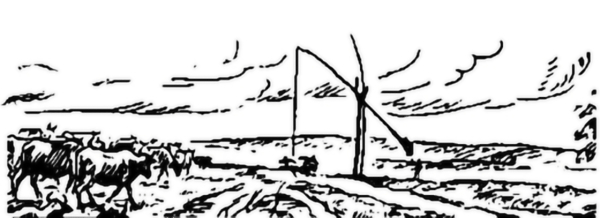_English_
User Tools
Site Tools
Sidebar
5.4 Associations, Councils and Clubs
One has to differentiate between associations which were more politically oriented or connected to economics and clubs which were focused on cultural or sport activities. Neither of them existed in Bessarabia in Russian times. This was in part caused by the strict religious divisions between members of different religions. Thus, this did not allow the development of a group consciousness of the Germans of Russia in that sense in the 19th century. The Russification measures and the existing state constitution also made it difficult for the Germans to have cultural activities. The revolution of 1905 gave the Russian subjects the right to assemble. Clubs for church, get-togethers and educational activities were permitted. The Germans of South Russia, to which the Bessarabians belonged, as well 1) founded the South Russian German Educational Association, which was forced to close in 1914 when German activities were restricted. The same held true for other associations. At the end of World War I came the severance of Bessarabia from Russia.
When the connections to Odessa ceased to exist after annexation to Rumania, the Bessarabian Germans, left to their own devices, had to learn to support their own interests on their own. For the final twenty years of their stay in the old homeland, they developed their own history, which was now focused on other German regions of Rumania, such as Siebenbürgen. They formed their own political and social entities with clubs, associations, political activities and independent press.


